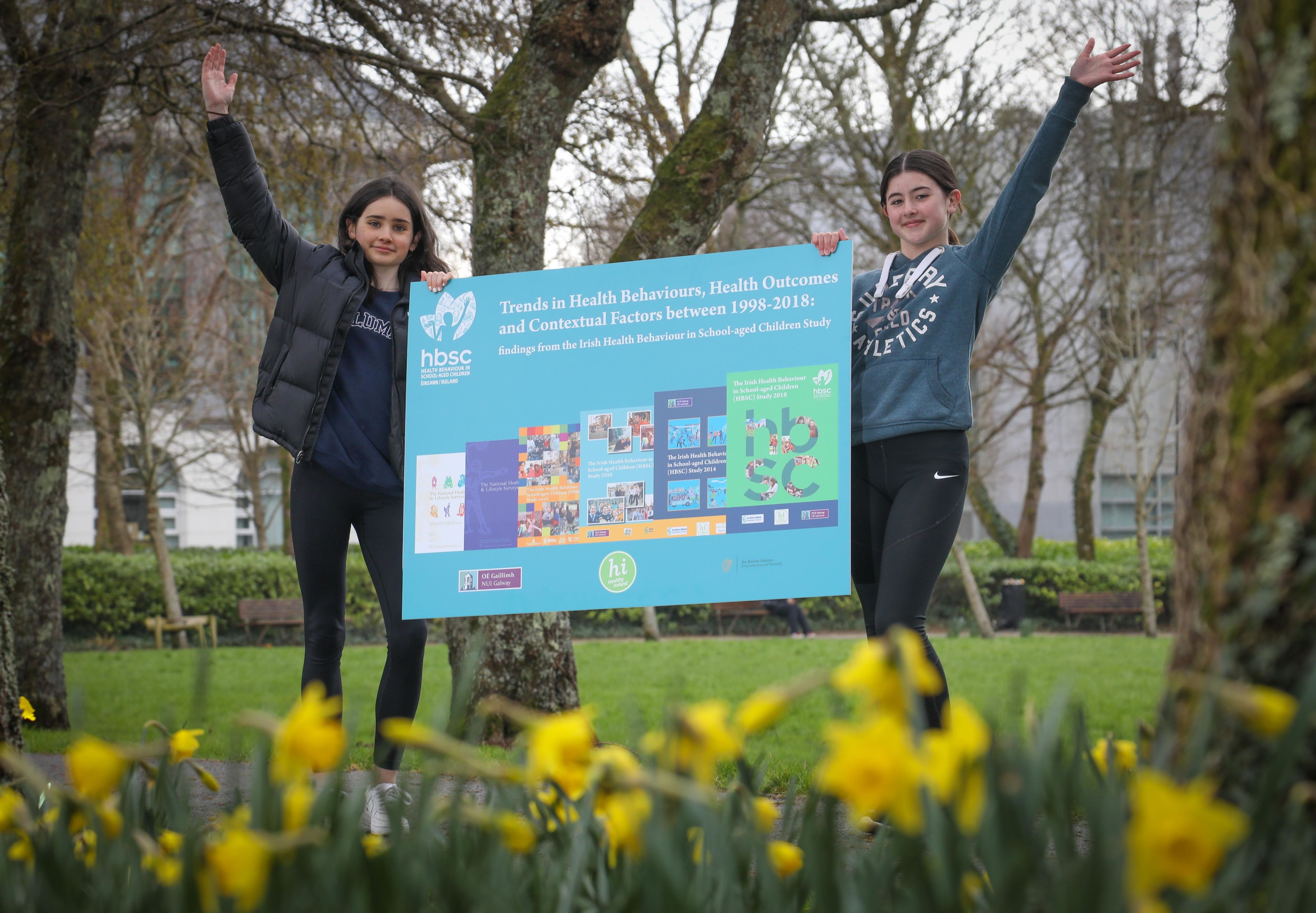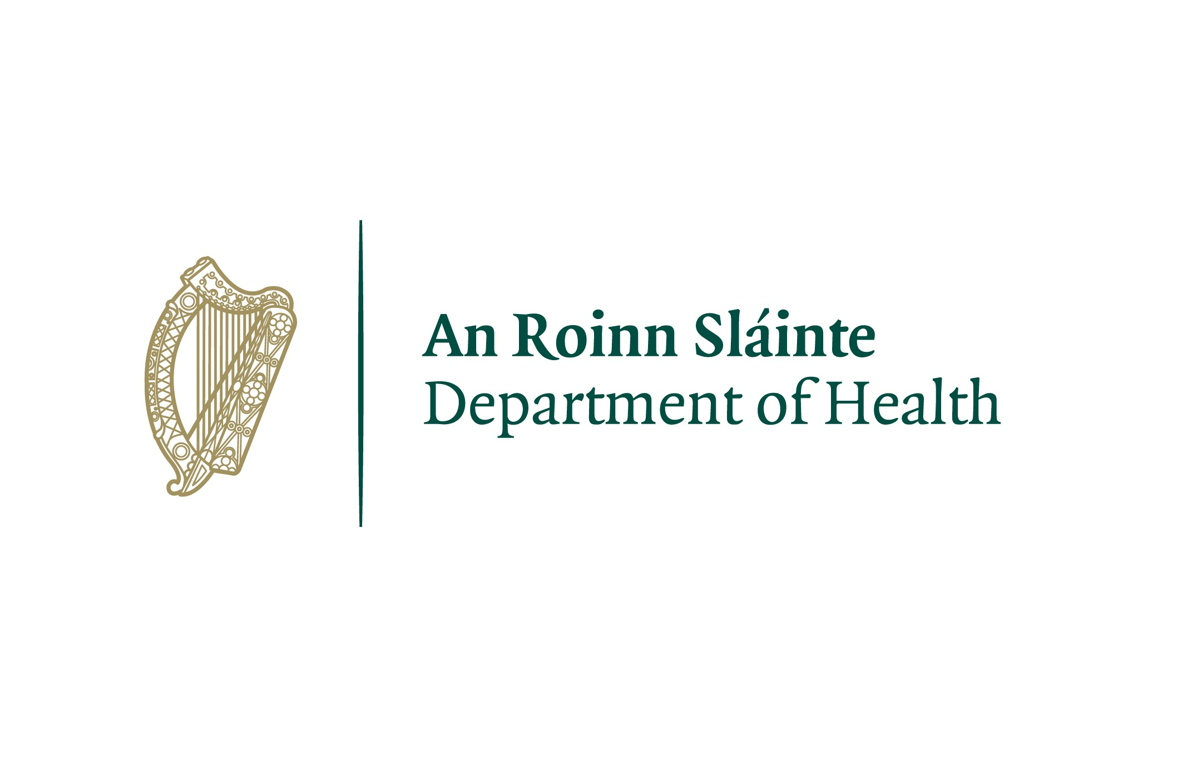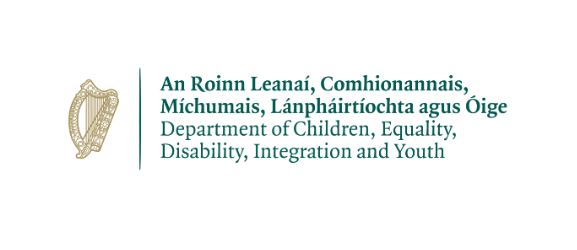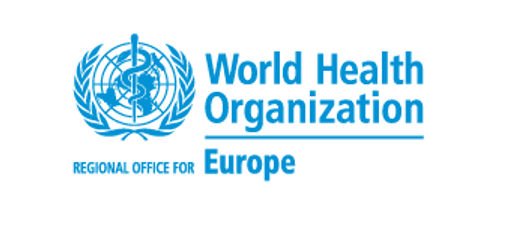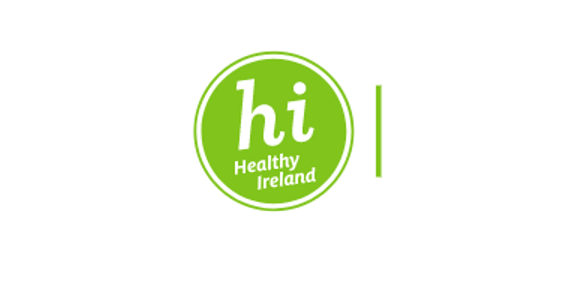University of Galway Guides Policy to Improve the Lives of Children
Children have been central to informing research led by University of Galway, providing evidence to policy makers on what is important and of concern to children.
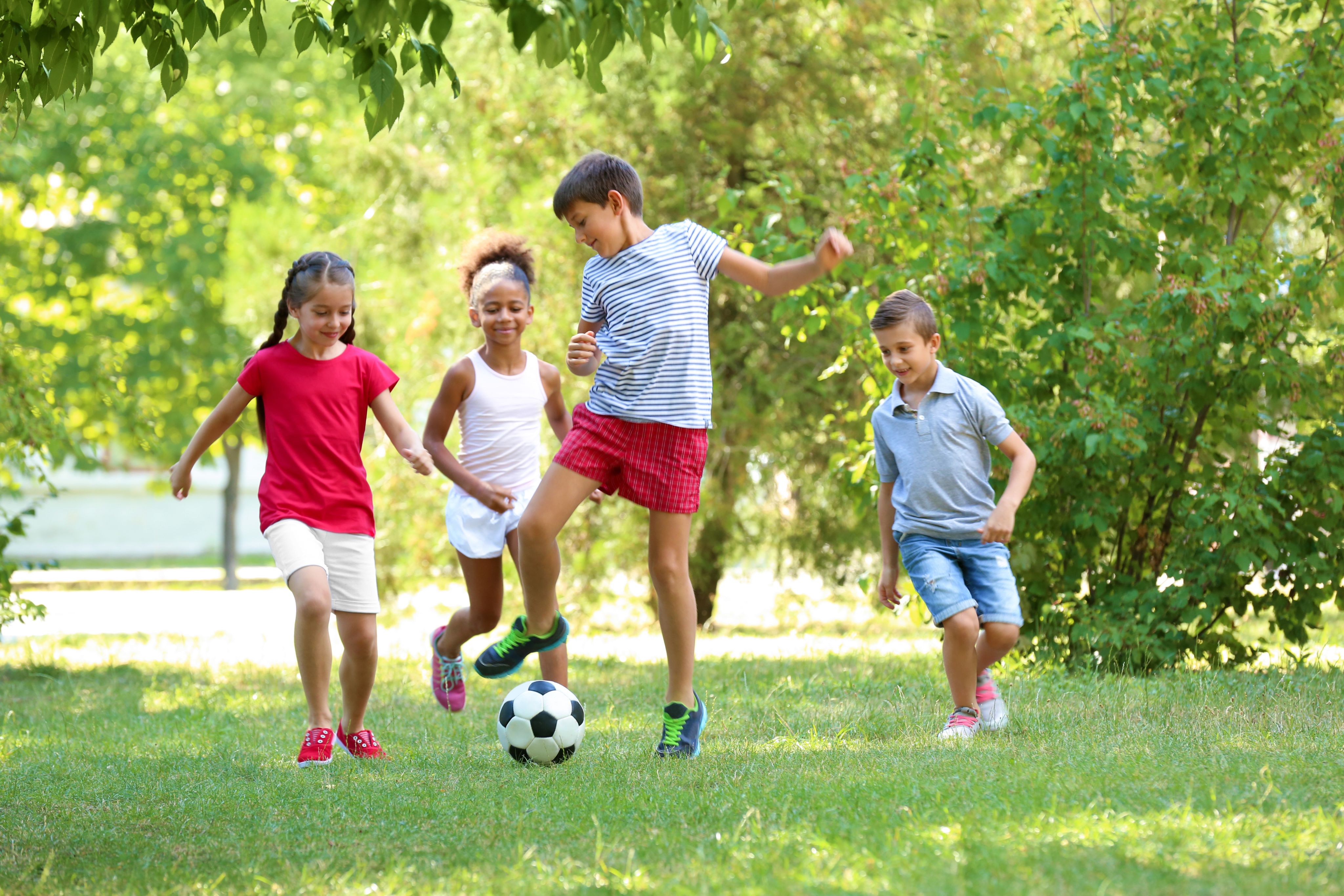
The lives of children play a central role in society by providing a glimpse into the future. In 2021, the population of young people in the Republic of Ireland (age 0 to 18 years) was estimated at almost 1.2 million. While school going children represent 24% of the population, the highest in the EU.
With such a high proportion, investing in children’s health and wellbeing is essential. Health Behaviour in School-aged Children (HBSC) Ireland, led by University of Galway, has played a pivotal role in this regard.
HBSC Ireland
For the past 28 years, Professor Saoirse Nic Gabhainn and Professor Colette Kelly from the Health Promotion Research Centre in University of Galway, have been recording and charting the lives of Ireland’s school children aged 9-18 years and how they compare internationally.
HBSC Ireland’s primary goal is to represent children and their concerns. It monitors the health behaviours, health outcomes and social environments of school children every four years, with the aim of making positive changes to their lives through Government policy and community practice.
HBSC Ireland is a cross-national research study conducted in collaboration with the World Health Organization (WHO) Regional Office for Europe. Ireland is one of 55 countries and regions across Europe and North America that make up the HBSC network.

By collecting, analysing and disseminating findings from questionnaires completed by school-going children, HBSC Ireland has responded to how life has changed and evolved for children over the past three decades against the backdrop of a changing Ireland.
The periodic surveys are the only one of its kind being collected in Ireland. They are ongoing since 1994 when Professor Saoirse Nic Gabhainn read an international journal on how to measure children’s health using questionnaires. Professor Nic Gabhainn joined the HBSC Network in 1994 and conducted the first ever survey of Irish schoolchildren in 1998.
In 2021, HBSC Ireland launched a report on 20 years of trends in children’s health behaviour, health outcomes and social contexts in health. This was a significant milestone that involved more than 62,000 children in six national surveys, carried out every four years since 1998.
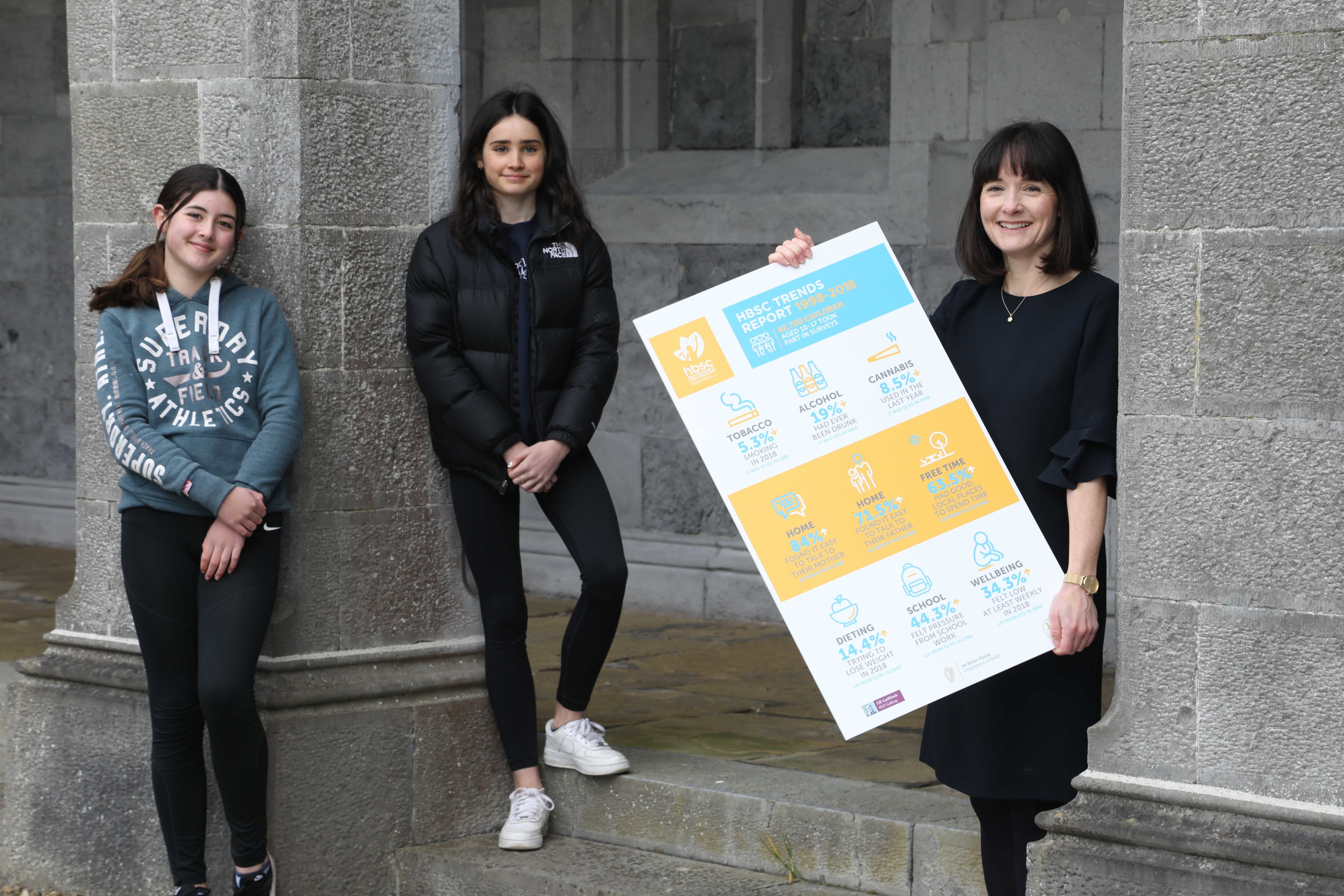
Data is currently being collected for the 2022 survey. Children prioritised topics for inclusion in the survey, including mental health, social inequalities and school life, closely followed by physical activity, environmental health, Covid-19, family and culture. It also includes the first-ever questions on gender identity and sexual orientation for children.
The HBSC Ireland team are currently working with a 400-strong network of international researchers designing the 2026 questionnaire.
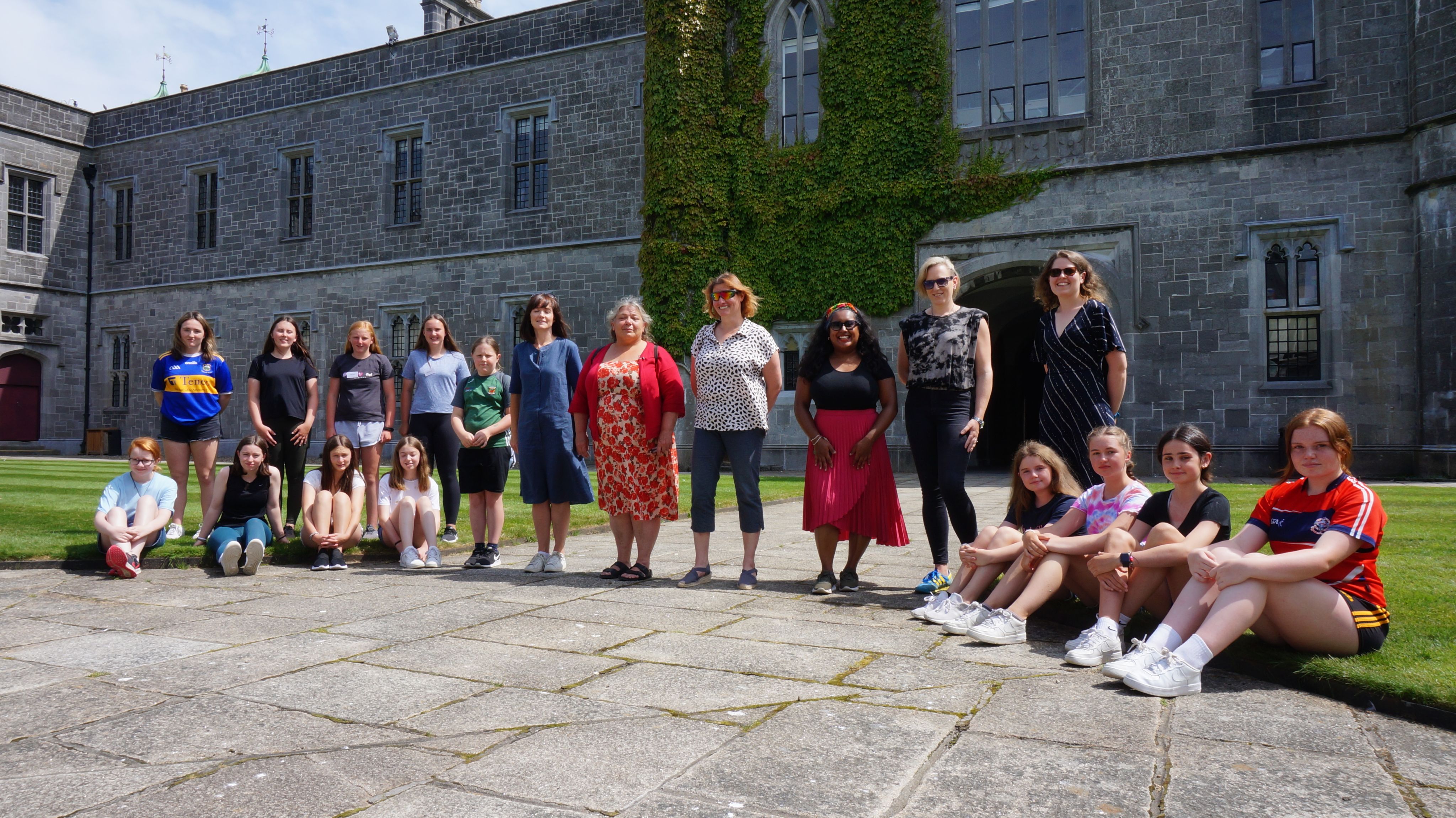
Research Impact
In 1998, there were no national data on children in Ireland. The early HBSC Ireland studies provided baseline information to build policy around children’s health and wellbeing.
These led to children being included in the reports of the Chief Medical Officer, and national policy on Cardiovascular Health, Obesity, Drugs, Alcohol, Oral Health, Health Promotion, Tobacco, as well as the first National Children’s Strategy (2000) and the 2001 National Health Strategy.
Since then, HBSC Ireland has collaborated with many arms of government and civil society to make a difference for children. For example, a Flagship Partnership collaboration with the Department of Children, Equality, Disability, Integration and Youth was set up to enable children to design survey questions for HBSC. Some of those questions are now included as key indicators to monitor national Government strategy, as part of the Better Outcomes, Brighter Futures policy framework.
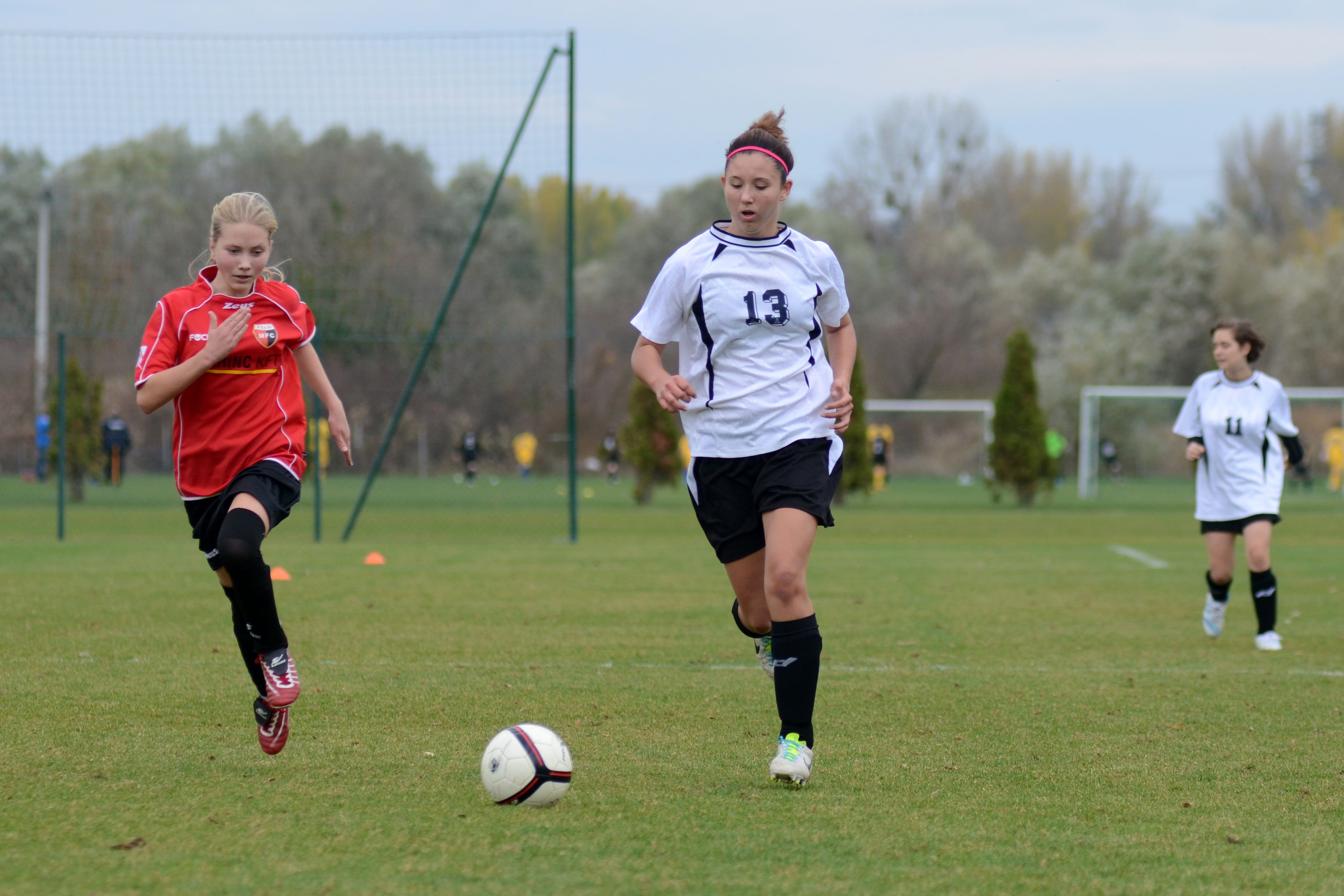
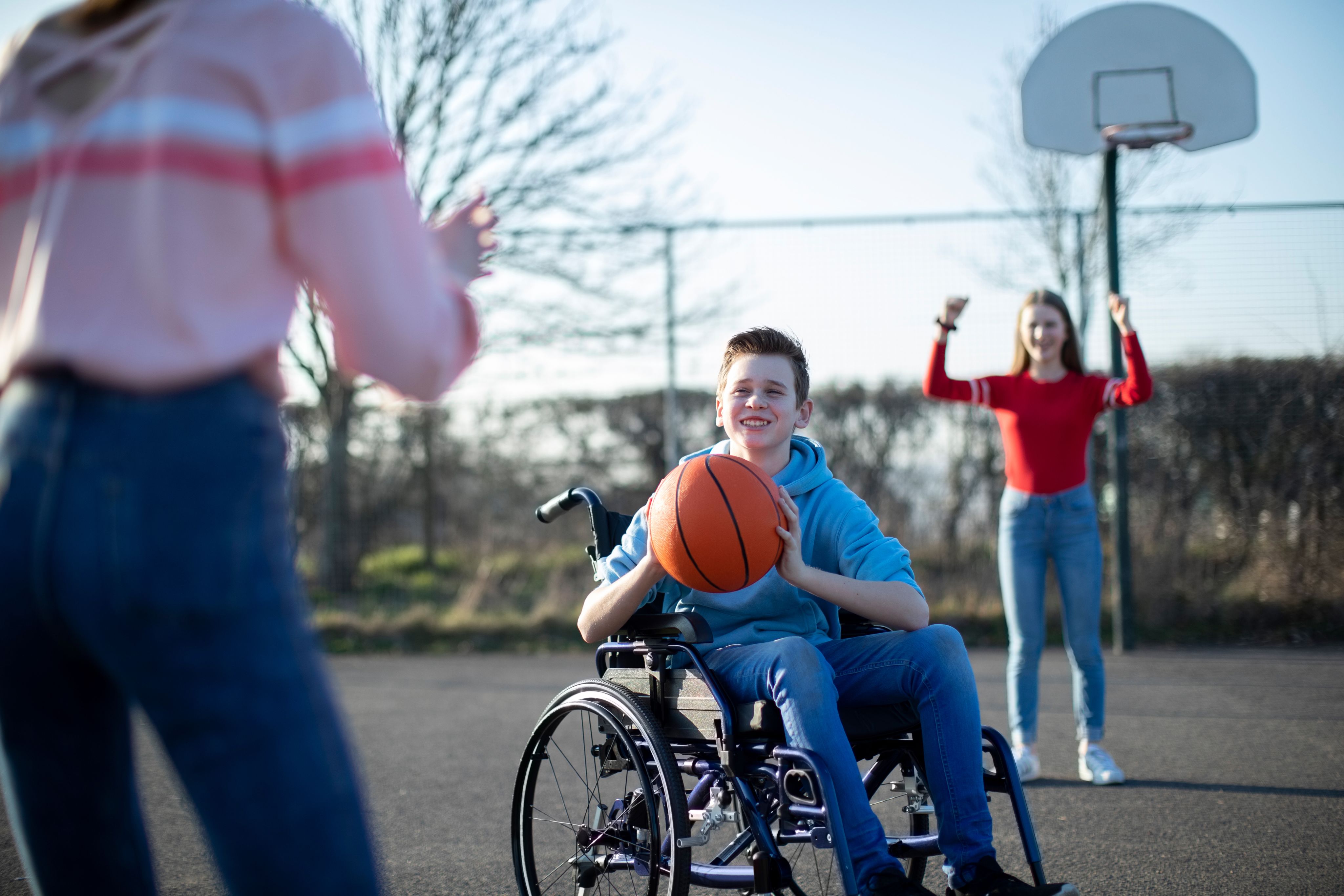
Government policy informed by HBSC Ireland data that has positively impacted the lives of Ireland’s children:
- HBSC data form a large part of the biennial State of the Nation’s Children reports, with 17 different indicators from HBSC Ireland.
- HBSC Ireland provided up to date evidence for the legislation on tobacco packaging and the ban on smoking in cars with child passengers.
- Key actions on skin cancer control announced following analyses of HBSC data on UV exposure in collaboration with the Institute of Public Health and the HSE Cancer Control programme.
- HBSC found substantial increases in children reporting good places to spend time in their local areas following implementation of the national play and recreation policies for young people.
- Recent analyses demonstrate the reduction in consumption of sugar sweetened beverages among adolescents following interventions to improve the obesogenic environment.
- The Department of the Taoiseach chose HBSC Ireland measures to be a key indicator for the National Framework for Wellbeing.
- HBSC Ireland regularly contribute to international developments led by the WHO, the EU, UNICEF, UNESCO and the OECD. A full list of national and international policy, strategy and advocacy documents that employ HBSC Ireland data and analyses are available at this link.
HBSC Ireland contribute to multiple cross-national working groups. Professor Colette Kelly leads the group dedicated to youth engagement across the HBSC network, Professor Saoirse Nic Gabhainn co-leads the group on international policy development, and both sit on the overall study co-ordinating committee. They also work with the WHO in advancing child participation in international policy development.
“The team has always been at the forefront of improving the impact of the HBSC survey … and has demonstrated numerous successful interventions in both policy and practice to improve child and adolescent health in Ireland.” Vivian Barnekow, International Consultant, Child and Adolescent Health, WHO Regional Office for Europe


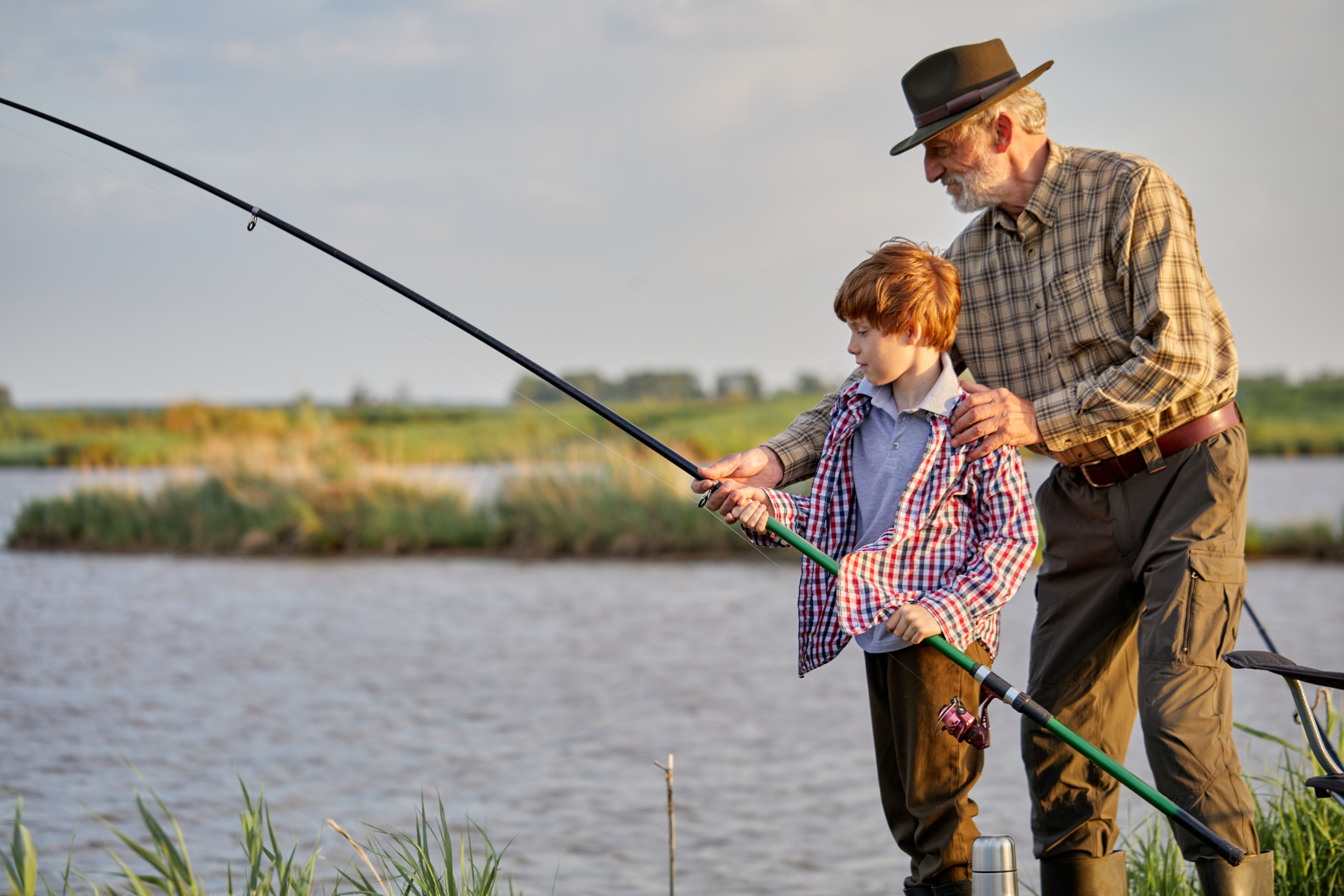
“It is so important to have children’s input as researchers because policy makers do not always know what the priorities and concerns are in their lives. In terms of driving the change, we need to put children right in the middle, and to the front of making that change.”
“This research impacts practice and policy in Ireland and children have the right to be involved in steering this research because it will ultimately affect them. Working together with the research team, school-going children can get involved to make a better research study, resulting in better outcomes for young people, both today and into the future.”
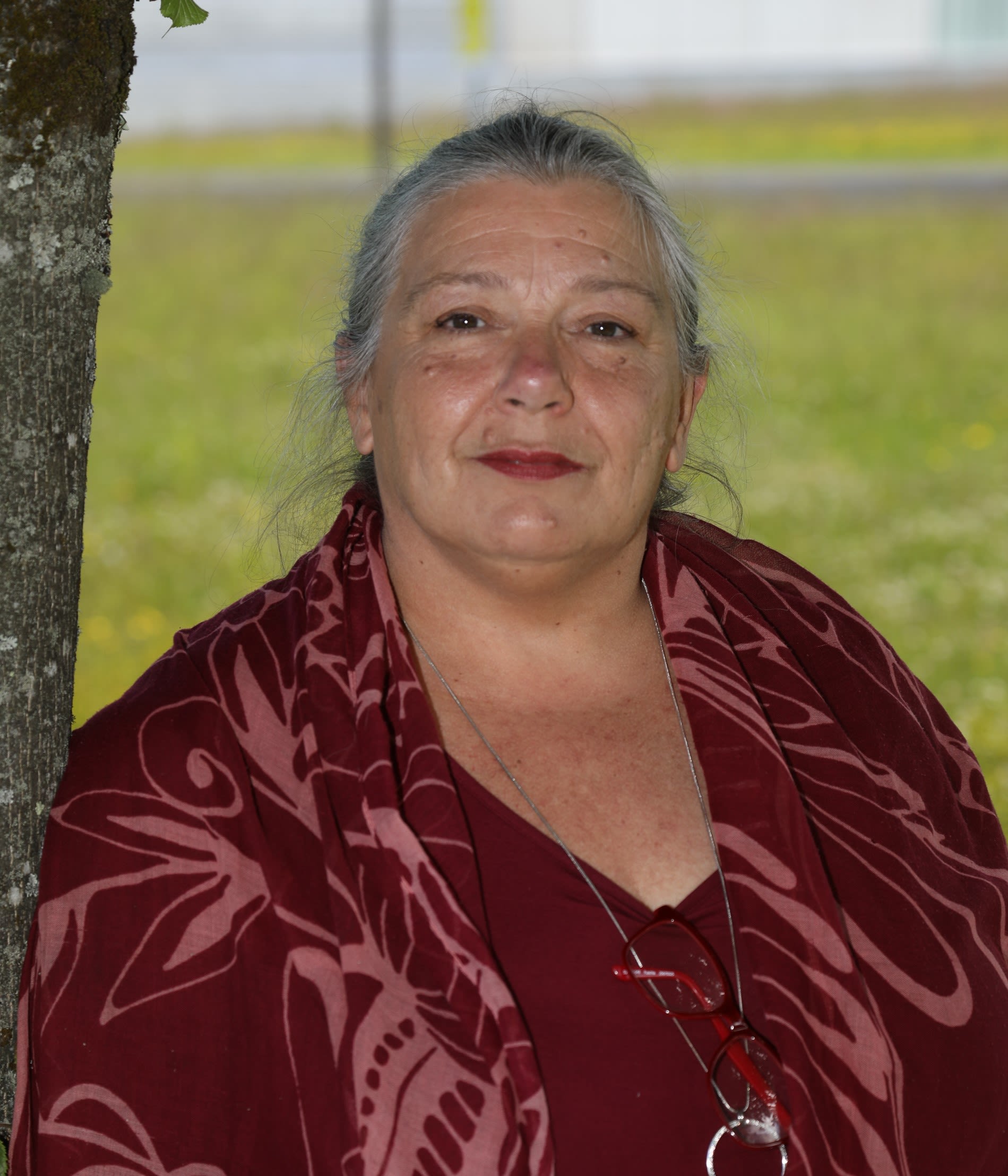
Professor Saoirse Nic Gabhainn, Principal Investigator, HBSC Ireland
Professor Saoirse Nic Gabhainn, Principal Investigator, HBSC Ireland
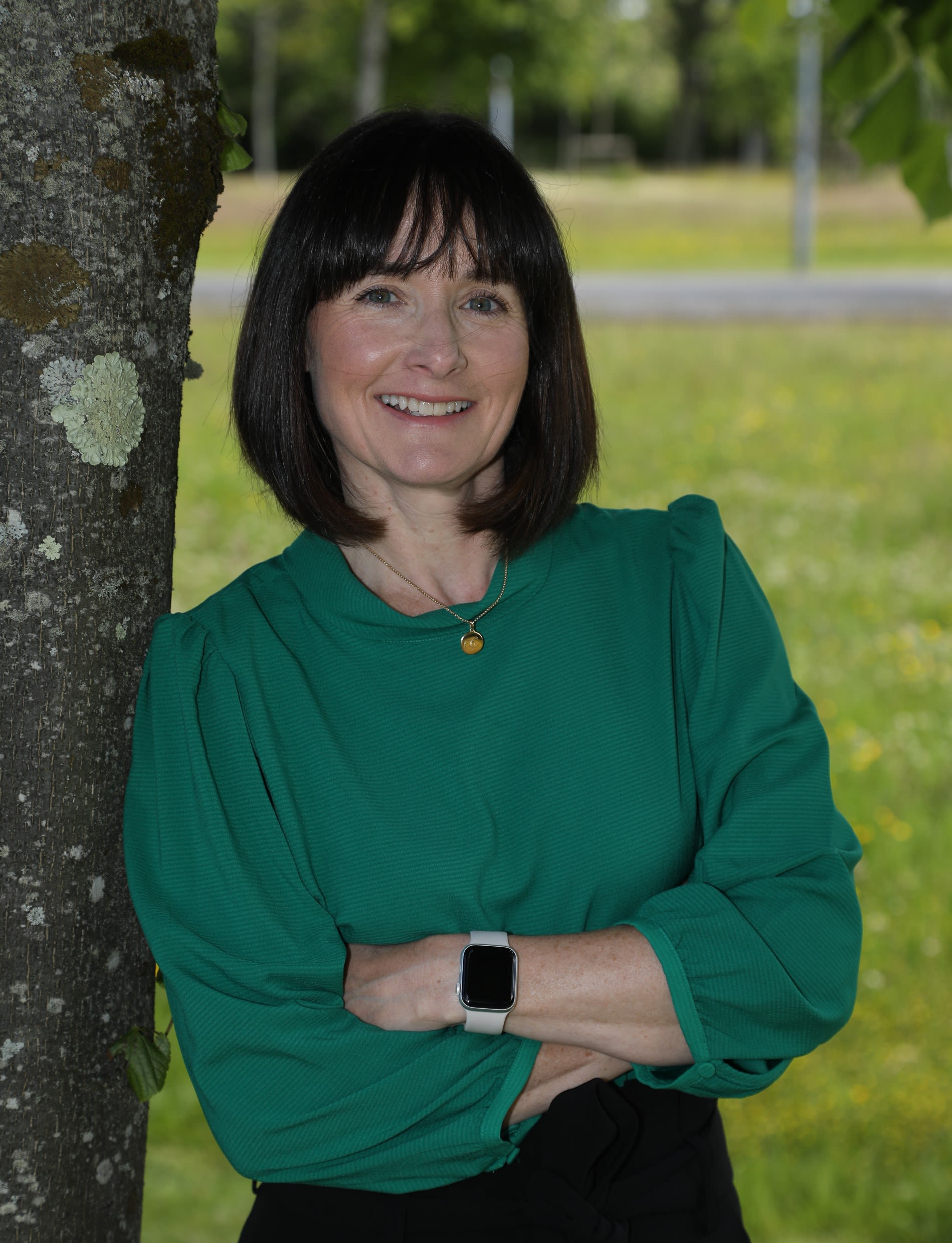
Professor Colette Kelly, Co-Principal Investigator, HBSC Ireland
Professor Colette Kelly, Co-Principal Investigator, HBSC Ireland
HBSC Ireland work regularly with policy makers and practitioners, and make health and wellbeing factsheets, data visuals, infographics and short reports publicly available on the HBSC Ireland website.
The data sets are also available on the World Health Organisations website for international policy makers through the WHO data gateway, and the Health Stats App.
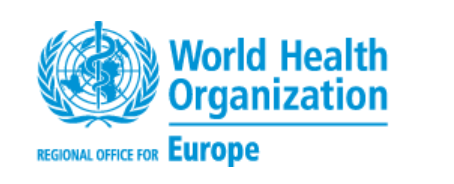
The core questionnaire for HBSC is developed by the international network, with expert input from the World Health Organization, international scientific and policy experts and school children.
The HBSC Ireland team are as passionate today as they were when they started out in 1994, when it comes to improving the health and wellbeing of Ireland's school-aged children. They continue to champion children's voices in research, policy and practice both nationally and internationally.
